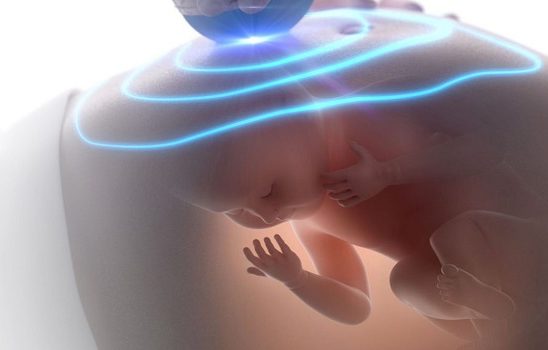
Overview
Perinatology is a division of Gynecology and Obstetrics that investigates special and pathological (high-risk and diseased) conditions in the pregnancy, childbirth and puerperium / newborn processes and creates diagnosis, treatment and follow-up protocols.
Today – as is the case with all fields of medicine - the main objective of the obstetrics is to approximate the pregnancy and motherhood through the understanding of preventive medicine. Early diagnosis and treatment is aimed after the woman conceives and the labor begins. The last step is to manage the diseases that occur in this period of time through expertise.
Gynecologists and Obstetricians are the first contact points of healthy mother and father candidates. The physician - who detects unusual risks in the medical history or examinations of the mother at the beginning of or during the pregnancy - consults the patient with Perinatologist.
The ultrasonographic examination of the baby and the mother by the Perinatologist at 11 to 14 weeks of the pregnancy and 18 to 23 weeks of the pregnancy would allow determining the risks of preeclampsia (a life-threatening gestational disease associated with high blood pressure), developmental delay and preterm birth risks of the baby; therefore, it allows to start preventive treatments, to diagnose physical and certain chromosomal / genetic diseases and to offer further relevant investigation and follow-up options. In cooperation and collaboration with Pediatrics, Neonatology and other divisions and departments such as Clinic Genetics, Pediatric Surgery and other surgical departments, treatment follow-up options are offered for the pregnancy, optimal conditions are ensured for the newborn infant and quality of life is boosted for the baby.






